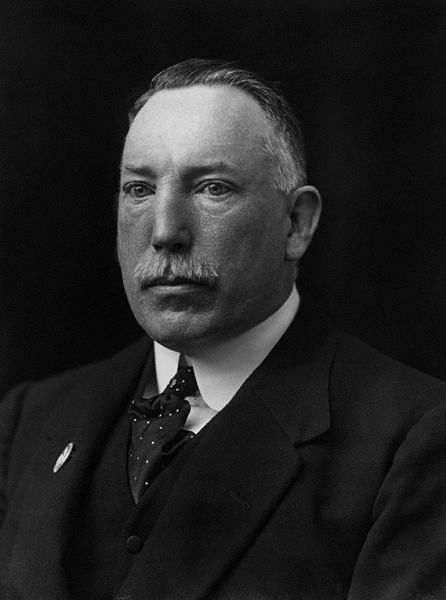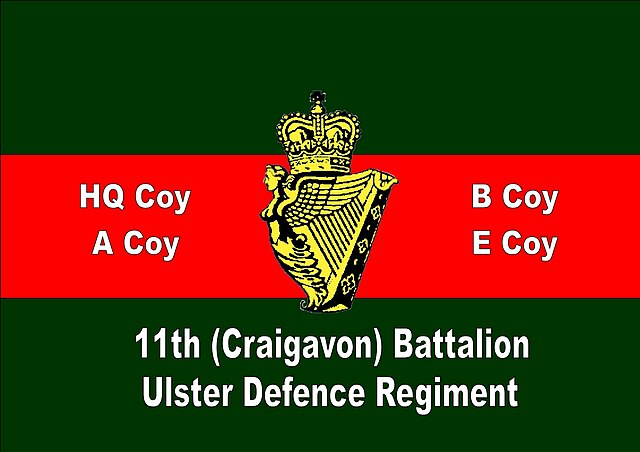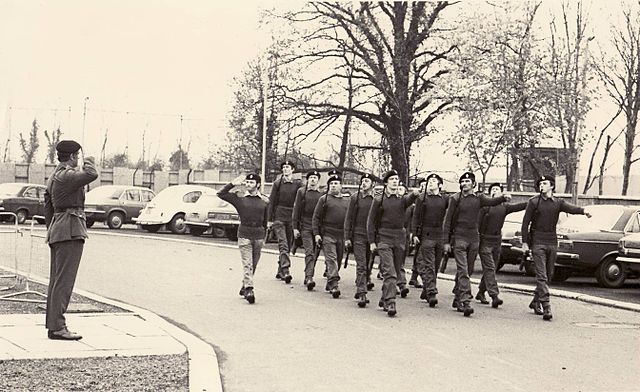The Troubles were an ethno-nationalist conflict in Northern Ireland that lasted for about 30 years from the late 1960s to 1998. Also known internationally as the Northern Ireland conflict, it is sometimes described as an "irregular war" or "low-level war". The conflict began in the late 1960s and is usually deemed to have ended with the Good Friday Agreement of 1998. Although the Troubles mostly took place in Northern Ireland, at times violence spilled over into parts of the Republic of Ireland, England, and mainland Europe.
The Battle of the Boyne (12 July 1690) by Jan van Huchtenburg
The Ulster Covenant was issued in protest against the Third Home Rule Bill in September 1912.
Sir James Craig, 1st Prime Minister of Northern Ireland, who said, "All I boast is that we are a Protestant Parliament and Protestant State"
A monument to Northern Ireland's first civil rights march
The Ulster Defence Regiment (UDR) was an infantry regiment of the British Army established in 1970, with a comparatively short existence ending in 1992. Raised through public appeal, newspaper and television advertisements, their official role was the "defence of life or property in Northern Ireland against armed attack or sabotage" but unlike troops from Great Britain they were never used for "crowd control or riot duties in cities". At the time the UDR was the largest infantry regiment in the British Army, formed with seven battalions plus another four added within two years.
C Company, 1 UDR on parade at Steeple Camp, County Antrim, Remembrance Sunday 1970
UDR main gate sign denoting which companies are in barracks
UDR march past at Mahon Road Barracks, Portadown
Soldiers of 11 UDR on a patrol break in the South Armagh area. The soldier on the right is carrying a jamming device to prevent the detonation of radio-controlled improvised explosive devices.








